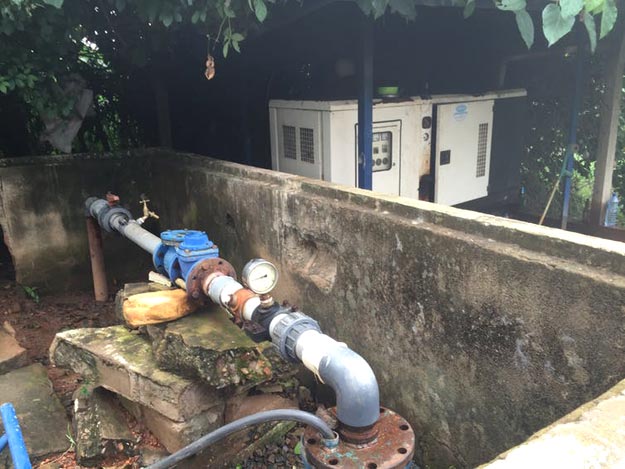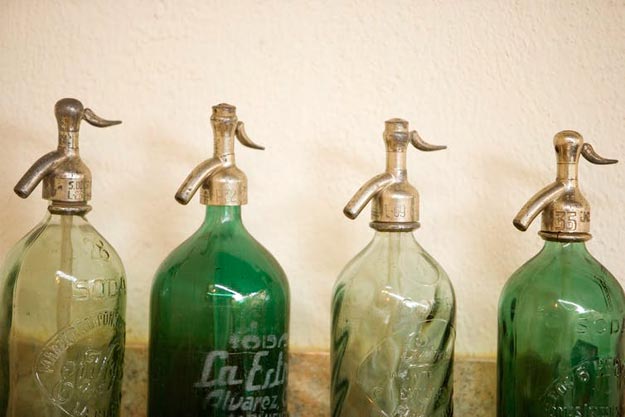Did you know the average person in the UK uses 150 litres of water a day? This takes into account cooking, cleaning, washing and flushing. By making small lifestyle changes you can reduce water waste. The key to water efficiency is reducing waste, not restricting use. Here are some simple ways to be more water-efficient.
 Gleaming gnashers – Turn off the tap while brushing teeth. A running tap can waste over six litres per minute. If everyone in England and Wales did this, we could save 180 mega litres a day – enough to supply nearly 500,000 homes. Read more
Gleaming gnashers – Turn off the tap while brushing teeth. A running tap can waste over six litres per minute. If everyone in England and Wales did this, we could save 180 mega litres a day – enough to supply nearly 500,000 homes. Read more











